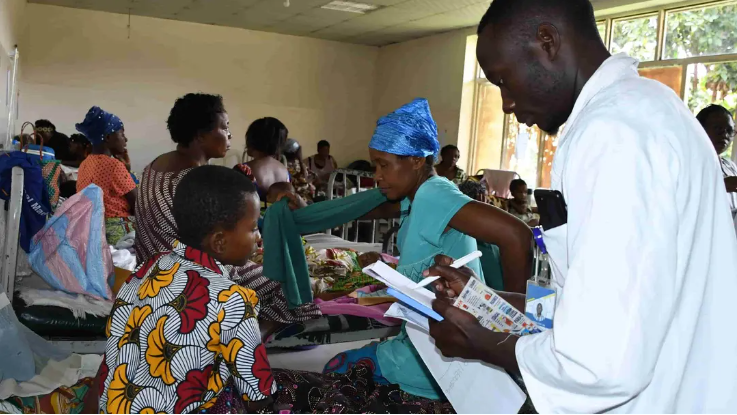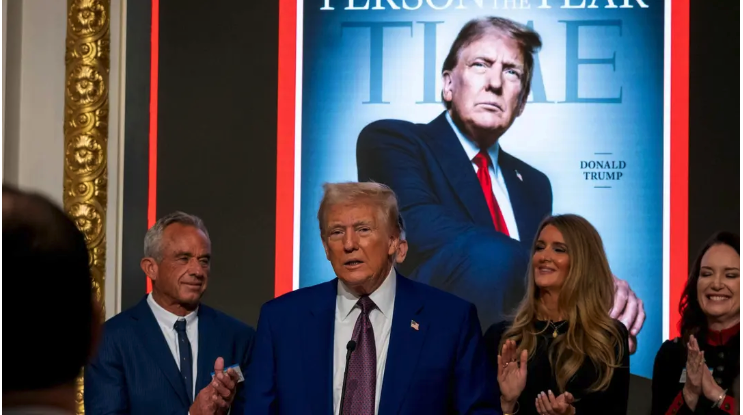South Korea: Medical Professors Submit Resignations
Professors at South Korea's medical schools began submitting resignations en masse on Monday, in support of a weeks-long strike by trainee doctors against a government plan to increase medical school admissions....
Facts
- Professors at South Korea's medical schools began submitting resignations en masse on Monday, in support of a weeks-long strike by trainee doctors against a government plan to increase medical school admissions.1
- While the professors will continue to work despite submitting their resignations — indicating they may hold talks with the government to reach a breakthrough — university doctors will reportedly reduce their maximum working hours.2
- Kim Chang-soo, the president of the Medical Professors Association of Korea, said professors would scale back outpatient treatment to focus on emergency and critical patients. He also argued that government plans for reform would 'ruin' medical school education and collapse South Korea's healthcare system.3
- Last month, 9K medical interns walked off the job in protest at a government proposal to increase medical school admissions from about 3K to 5K in 2025, reportedly to address long-standing shortages of practitioners in rural communities.4
- Previously, the government had threatened to suspend striking interns' medical licenses. Though Monday was the deadline for them to submit written responses to the penalty, the government has postponed any suspensions until Thursday.4
- Nearly 12K interns and residents risk having their licenses suspended over their refusal to end their protests and rejoin work.5
Sources: 1Time, 2Associated Press, 3Guardian, 4Nikkei Asia and 5World News.
Narratives
- Establishment-critical narrative, as provided by Morning Star. Senior doctors and medical professors are acting in solidarity with trainee doctors and interns who are striking against the South Korean government's plan to drastically increase medical school admissions. While the government may claim that more doctors are needed to help care for the country's rapidly aging population, the exact opposite is true. South Korea should focus on taking care of its existing doctors instead of threatening them and diluting the quality of medical professionals.
- Pro-establishment narrative, as provided by Koreatimes. The South Korean government has done everything possible to promote fruitful dialogue and seek a compromise with striking doctors. There's a clear philosophical disagreement between the government and young medical professionals, but this shouldn't cause people across the country to lose access to quality healthcare. Striking doctors must realize that compromise is necessary, and this protest must end soon for the well-being of the South Korean population.







